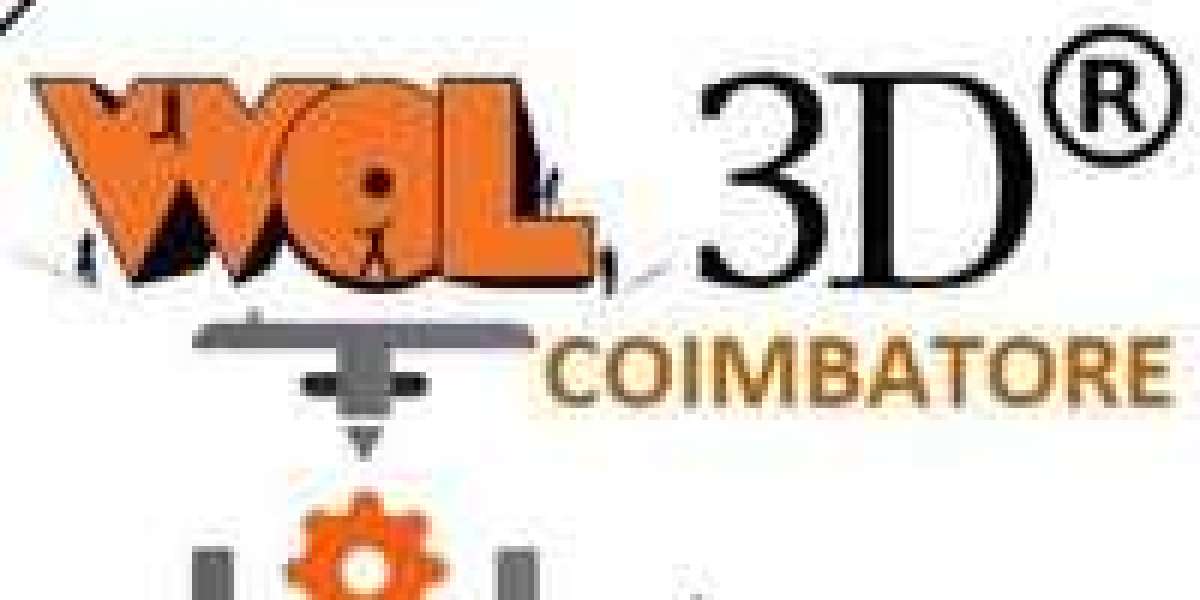In the ever-evolving world of textile manufacturing, a remarkable innovation has emerged that is transforming the industry – polypropylene (PP) Spun bond fabric masnufacturer. This versatile and durable material has captured the attention of manufacturers, designers, and consumers alike, offering a unique blend of performance, sustainability, and cost-effectiveness.
Understanding PP Spunbond Nonwoven Fabric
PP spunbond nonwoven fabric is a type of textile material that is produced through a process called spunbonding. In this process, polypropylene resin is extruded into fine, continuous filaments, which are then laid and bonded together to form a cohesive, Spunbond non woven fabric.The key features that define PP spunbond nonwoven fabric include:
- Strength and Durability: The continuous filament structure of PP spunbond fabric provides exceptional tensile strength, tear resistance, and abrasion resistance, making it a durable and long-lasting material.
- Lightweight and Flexibility: Despite its strength, PP spunbond fabric is remarkably lightweight and flexible, allowing for a wide range of applications and easy handling.
- Breathability: The open, porous structure of PP spunbond fabric allows for excellent air and moisture permeability, making it a comfortable and breathable material.
- Chemical and Moisture Resistance: Polypropylene is inherently resistant to chemicals, oils, and water, making PP spunbond fabric an ideal choice for applications that require protection from these elements.
- Customization: PP spunbond fabric can be produced in a variety of weights, colors, and finishes, allowing manufacturers to tailor the material to their specific needs.
Applications of PP Spunbond Nonwoven Fabric
- Personal Protective Equipment (PPE): PP spunbond fabric has become a popular choice for the production of face masks, gowns, and other personal protective equipment due to its breathability, strength, and ability to repel liquids.
- Filtration: The porous structure of PP spunbond fabric makes it an effective material for use in air and liquid filtration systems, including HVAC filters, water filters, and industrial filtration applications.
- Automotive and Aerospace: PP spunbond fabric is widely used in the automotive and aerospace industries for applications such as headliners, insulation, and sound-dampening materials.
- Agriculture and Horticulture: PP spunbond fabric is commonly used in the agricultural and horticultural sectors for applications like weed control, soil erosion prevention, and crop protection.
- Furniture and Bedding: PP spunbond fabric is finding increasing use in the furniture and bedding industries, where its durability and comfort make it an attractive choice for upholstery, mattress covers, and other textile applications.
- Apparel and Textiles: While not as common as some other textile materials, PP spunbond fabric is also being explored for use in apparel and textile applications, particularly in areas where its unique properties, such as moisture resistance and breathability, are advantageous.
Advantages of PP Spunbond Nonwoven Fabric
- Durability and Longevity: The robust construction of PP spunbond fabric ensures that it can withstand the rigors of various applications, providing a long-lasting and reliable solution.
- Versatility: The versatility of PP spunbond fabric allows it to be used in a wide range of industries and applications, from personal protective equipment to automotive components.
- Cost-Effectiveness: Compared to some other textile materials, PP spunbond fabric is generally more cost-effective to produce, making it an attractive option for manufacturers and consumers alike.
- Sustainability: Polypropylene is a recyclable material, and the production process for PP spunbond fabric is relatively energy-efficient, contributing to its overall sustainability.
- Customization: The ability to tailor the properties of PP spunbond fabric, such as weight, color, and finish, allows manufacturers to create solutions that are tailored to their specific needs.
Singhal Industries: A Leader in PP Spunbond Nonwoven Fabric
Singhal Industries, a renowned player in the textile and packaging industry, has established itself as a leading manufacturer of high-quality PP spunbond nonwoven fabric. With over 20 years of experience and a commitment to innovation, Singhal Industries offers a diverse range of PP spunbond fabric solutions that cater to the diverse needs of its customers.Singhal Industries' PP spunbond fabric offerings include:
- Standard PP Spunbond Fabric: The company's standard PP spunbond fabric is available in a range of weights and finishes, making it suitable for a variety of applications.
- Customized PP Spunbond Fabric: Singhal Industries works closely with its clients to develop tailored PP spunbond fabric solutions that meet their specific requirements, whether it's for a particular application, color, or finish.
- Sustainable PP Spunbond Fabric: Recognizing the growing demand for eco-friendly textile solutions, Singhal Industries has also developed a range of PP spunbond fabric made from recycled or biodegradable materials, contributing to a more sustainable future.
By partnering with Singhal Industries, manufacturers and designers can leverage the power of high-quality PP spunbond nonwoven fabric to enhance their products, improve their sustainability, and stay ahead of the curve in their respective industries.
Conclusion
PP spunbond nonwoven fabric has emerged as a game-changing innovation in the textile industry, offering a unique combination of performance, versatility, and cost-effectiveness. From personal protective equipment to automotive components, this remarkable material is transforming the way we approach textile manufacturing and design.As the demand for sustainable and innovative textile solutions continues to grow, the role of Spunbond fabric Maufacturer in India will only become more prominent. By partnering with industry leaders like Singhal Industries, manufacturers and designers can harness the power of this remarkable material to create products that are not only functional and durable but also environmentally responsible and cost-effective.
Frequently Asked Questions (FAQs):
How long has Singhal Group been in business?
Singhal Group is headquartered at Gandhinagar, Gujarat in India. The group was formed in 1987. The group has played a significant role in the flexible packaging industry for over 20 years and has diversified its business to provide sharper focus to key business segments.
Is Singhal Industries ISO certified?
Singhal Industries is certified by BSCIC Certification Pvt Ltd. for ISO 9001:2015. The company believes in providing quality-on-time and adheres to international quality standards in the manufacture of its flexible packaging and flexible lining products.
What kind of products does Singhal Industries manufacture?
Singhal Industries manufactures a wide range of products including Big Bags, Jumbo Bags, FIBC, PP Woven Bags, Leno Mesh Bag, Stretch Films, PE Shrink Film, Garbage Bags, PP Sheets, HDPE Sheets, Warning Tapes, Greenhouse Films, and much more. The company's entire product range is marketed under the brand 'SINGHAL'.





